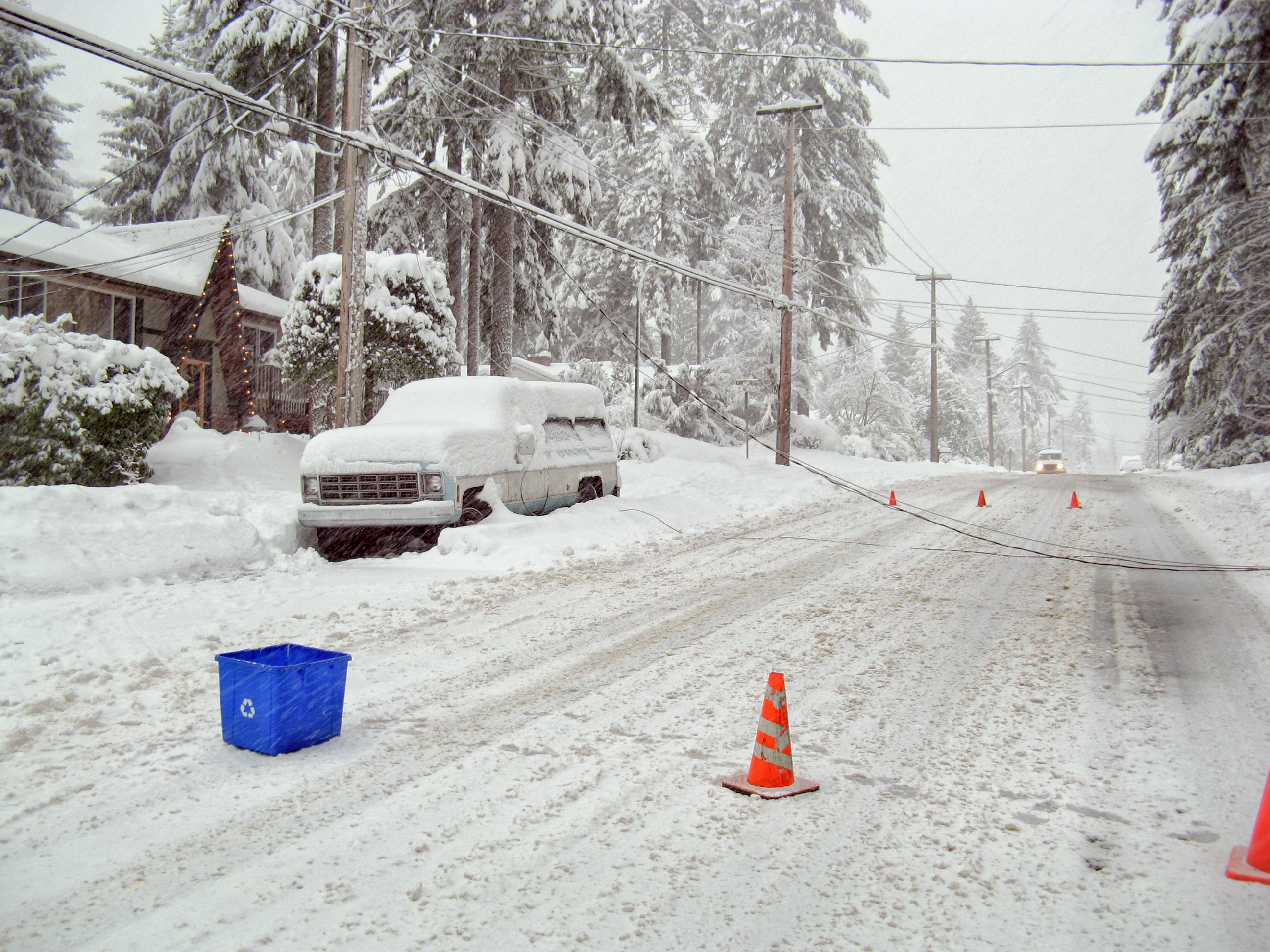When the power goes down, you want a reliable way to keep your lights on. Traditionally, homeowners have only had one option: generators. But with a home battery system, you have a cleaner option that will also provide regular savings on your energy bills.
The question of how to power your home during a grid outage is an increasingly important one. From severe storms to wildfires to droughts and cyclones, weather and climate disasters are increasing. In 2022, the U.S. experienced a record-breaking 18 weather and climate disasters. As the frequency and severity of these events rises, power outages are becoming more likely.
To make your home more resilient to power outages, it's important to understand your options. Let's take a closer look at the pros and cons of generators versus home battery systems.
What are the differences between a home battery system and a generator?
How they work
Generators produce electricity for your home by burning fuel, typically gasoline, propane, natural gas, or diesel. Those fuels do emit fumes such as carbon monoxide, so generators need to be kept outside.
A generator connects to your home's electric panel to supply you with power.
Batteries don't produce electricity themselves. Instead, they store it for you to use later. Batteries don't emit any harmful fumes and can be located indoors, such as in a utility room or garage.
Like a generator, a battery connects to your electric panel. It automatically turns on in an outage and will keep supplying power until its charge runs out.
Fuel type
Generators burn fossil fuels to generate electricity, whereas batteries store electricity (either from the grid or from solar panels). You need to purchase fuel for a generator and keep its tank topped up. Batteries charge by themselves, using free solar power or electricity from the grid.
How long they last
A generator will run as long as it has fuel. The actual duration depends on the size of your generator, but it should be capable of supplying electricity for at least several hours, days, or sometimes even weeks. If the fuel runs out, you'll have to buy more.
A fully charged battery should supply electricity for at least a couple of days, especially if you're only running critical appliances (more on that below). If your battery charges from the grid, then it won't be able to recharge until the grid is up and running again. However, if it stores power from solar panels, it will keep recharging when your solar panels generate electricity.
The average power outage lasts for about seven hours, so both generators and batteries should have sufficient capacity to keep your essential appliances running throughout.
Power loads
A single home battery won't store enough electricity to power your entire home (at least, not for very long). While you can buy additional batteries, most homeowners choose to purchase just one and then select which appliances are the most important to keep running during an outage (e.g., the fridge-freezer, internet, and garage door opener). While generators also vary in power output, you can't select which appliances you want to use ahead of time.
What are the benefits of a home battery system vs. a generator?
While both home battery systems and fossil fuel generators will keep your lights on when the power goes out, batteries offer benefits around the clock.
1. Batteries are cleaner
Generators emit fumes that can affect the quality of air in your home. Running a generator inside can lead to carbon monoxide poisoning. Batteries don't produce any emissions at all.
2. A home battery system optimizes your solar panels
If you have solar panels, a battery helps your free, clean electricity go farther and last for longer. You can store surplus power from your solar panels during the day, then draw the power from your battery later on. That way, no solar power goes to waste.
3. Home battery systems are cheaper to run
Batteries can be more expensive to buy, but they're much cheaper to run once they're installed because you don't need to purchase the fuel. If you charge your battery from the grid, you can keep costs down by only charging when electricity rates are low. If you have solar, your battery charges for free.
4. Batteries can save you money on your bills
With or without solar, you can use a battery to keep your bills low. Tap into your stored electricity when electricity rates are higher. Simply charge your battery when electricity is cheap (from the grid) or the sun is shining (from solar), then discharge it when rates rise or when the sun isn't out. This is particularly beneficial if you're on a time-of-use plan where you pay more for electricity during times of peak demand.
5. Batteries are quieter
Generators are loud machines that can disturb you and your neighbors. Batteries are quiet, and they can be tucked away in a garage or utility room.
6. Batteries don't need maintenance
Generators need regular checks, including inspections for fluid, coolant, and engine oil levels. Batteries don't require these checks, and you can monitor your battery performance and charge through an app.
Batteries offer so many benefits beyond a backup source of power. To learn more about how a battery can make your home more resilient and help you save money, check out Panasonic's EVERVOLT home battery system.




